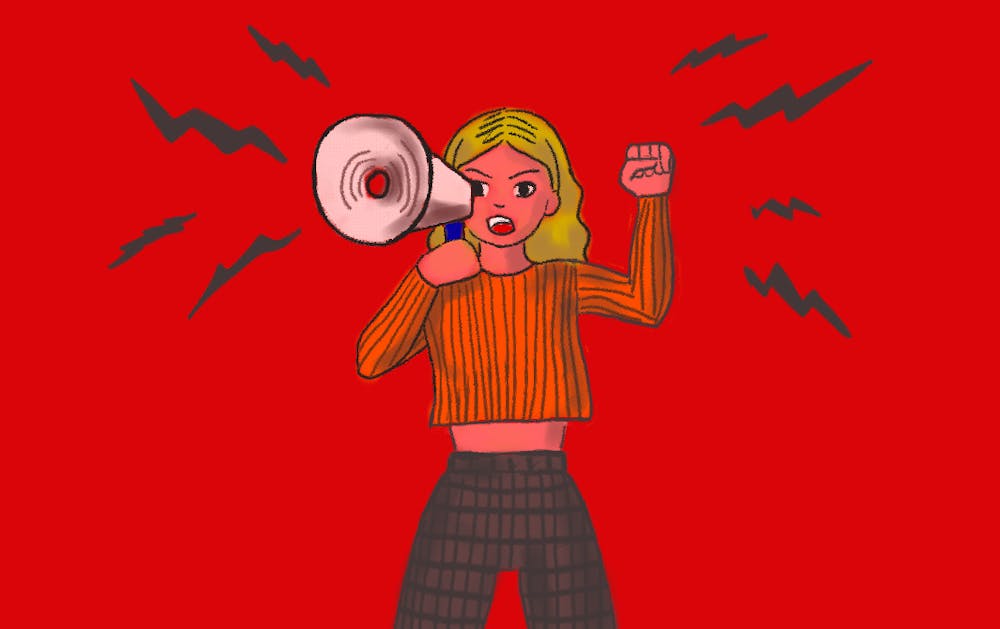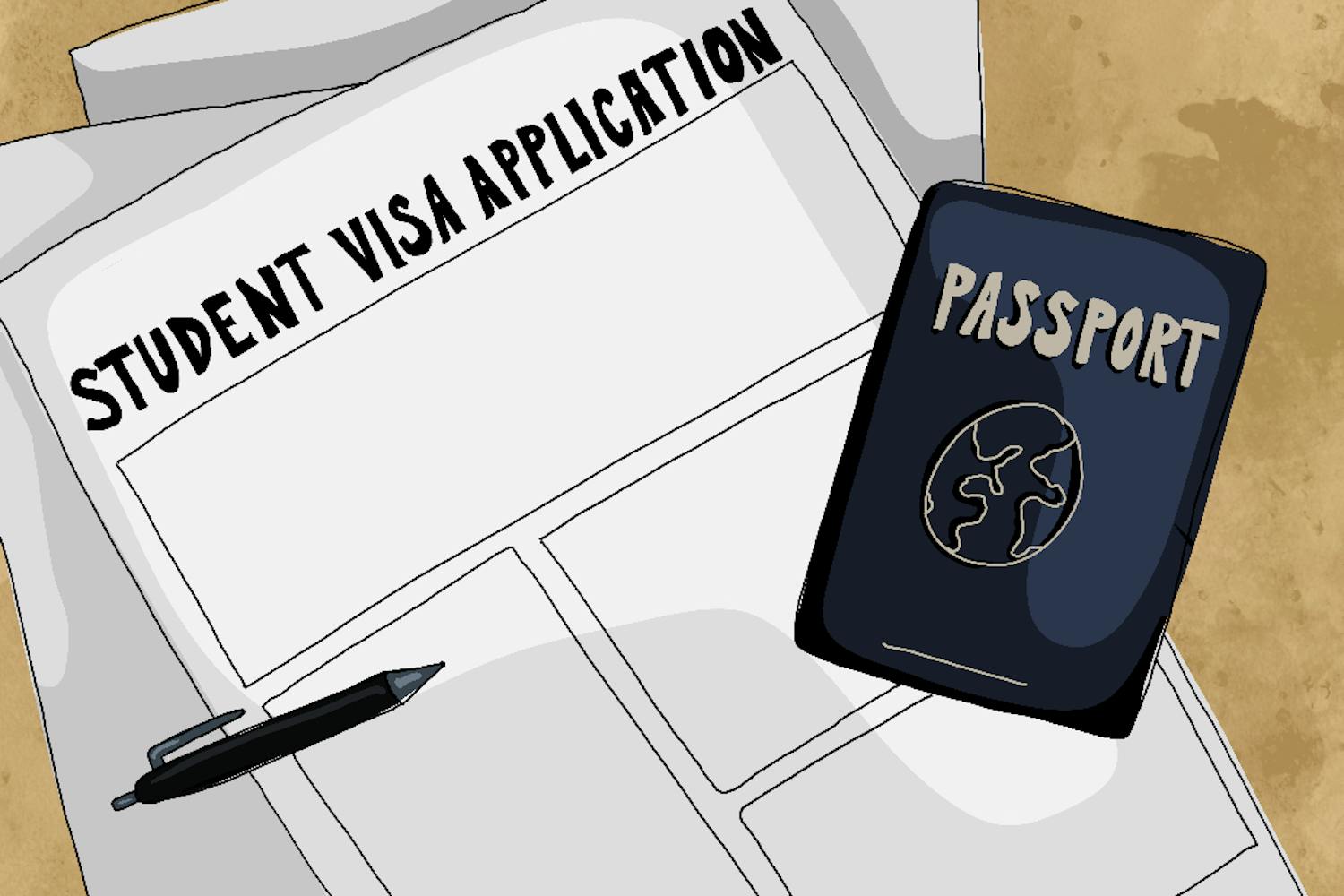Regardless of political affiliation, hate speech is necessary because it forces an opportunity for controversial ideas to be properly debated. Its existence protects personal rights to free speech.
There are laws that exist to protect citizens from institutional and physical acts of racism so there is no need to censor some speech as uncomfortable as it may be.
Some may argue that certain forms of hate speech promote violence against individuals — of course, I don’t believe speech which specifically calls for violence should be legal. However, the differentiation between hate speech and violent speech is often murky, taken advantage of and should be clearly defined.
The U.S. Supreme Court has defined the line between hate speech and speech encouraging violence. According to the Legal Information Institute at Cornell University, speech which contains a true threat is not to be allowed; otherwise, hate speech is to be tolerated.
Jonathan Barth, an assistant professor of history at ASU, said defending free speech should be a nonpartisan issue, because our own thoughts and opinions may become controversial and therefore potentially unprotected in years to come — especially when individuals with opposing political views take office.
“It's far more powerful to effectively debunk the arguments of an opposing side than to just ban those arguments,” Barth said. “If you just banned the arguments, then those people who hold onto those views have not been debunked.”
Student protests at college campuses nationwide have also sparked conversation among state lawmakers to pass legislation protecting free speech rights for all.
READ MORE: Free speech may promote hateful rhetoric but can be beneficial
The Arizona state legislature passed a free-speech resolution in 2018 intended to protect free speech on college campuses. The bill requires ASU to release an annual report on obstacles to free speech as well as what the outcome of those instances were.
According to a poll conducted by the organization Campaign for Free Speech, 48% of people interviewed for the poll believe hate speech should be illegal.
Some people argue that hate speech shouldn’t be protected under the First Amendment because it has the potential to discriminate against others. While the goal of banning hate speech may be to curb racist behavior, Barth argues that strictly prohibiting a mindset encourages individuals to cling to ideologies easily disproved with discussion and thorough debate.
“If you just completely ban it from the public sphere, that's not going to get rid of it. It'll just fester below the surface,” Barth said.
Those who call for the outlawing of hate speech may not realize that when we silence one form of speech, we open up the gates to allow more restrictions on freedom of speech — potentially including our own expressions.
“If you want to institute control of speech, that weaponry can be adopted by your political opponents,” Barth said. “Why would you open yourself up to that?”
Another fear that some have is that hateful rhetoric can ultimately result in institutional racism. However, this is where the Fourteenth Amendment should ensure protection for all individuals as it states, "no state shall make or enforce any law which shall abridge the privileges or immunities of citizens of the United States."
Essentially, the Fourteenth Amendment was put in place to prevent institutional racism meaning that there are laws in place to protect citizens and prevent hateful rhetoric from leading to organizations being blatantly racist in how they treat individuals. However, the Fourteenth Amendment has historically faced challenges in being effective, and people should continue pushing to ensure it properly protects everyone.
To be clear, I don’t approve of racist behavior — but I acknowledge trying to snuff it out with bans will only shield me from ideas I dislike, which in turn will make me unable to counter-arguments when I inevitably encounter someone who touts hateful speech.
“If we lose some of those basic civil rights, you have opened the door for total authoritarianism to come in,” Barth said.
Hate speech can be combated, but it has to be done in the public sphere. By debunking what we deem to be hateful rhetoric through discussion, not force, we grow in our own conviction of what’s right while preserving liberty in the process.
Reach the columnist at slbrinso@asu.edu or follow @Stacy_L_Anders on Twitter.
Editor’s note: The opinions presented in this column are the author’s and do not imply any endorsement from The State Press or its editors.
Want to join the conversation? Send an email to opiniondesk.statepress@gmail.com. Keep letters under 500 words and be sure to include your university affiliation. Anonymity will not be granted.
Like The State Press on Facebook and follow @statepress on Twitter.




